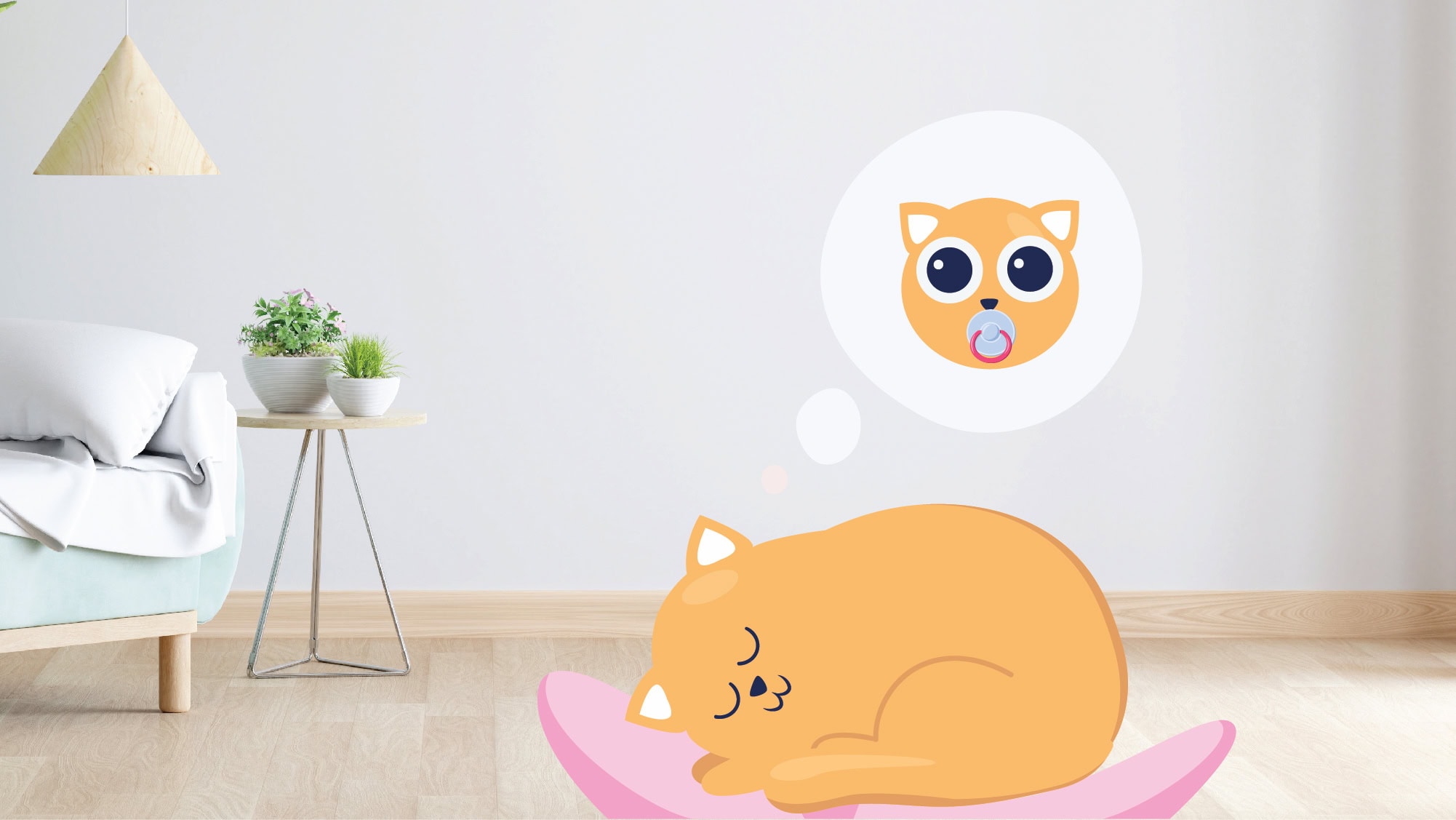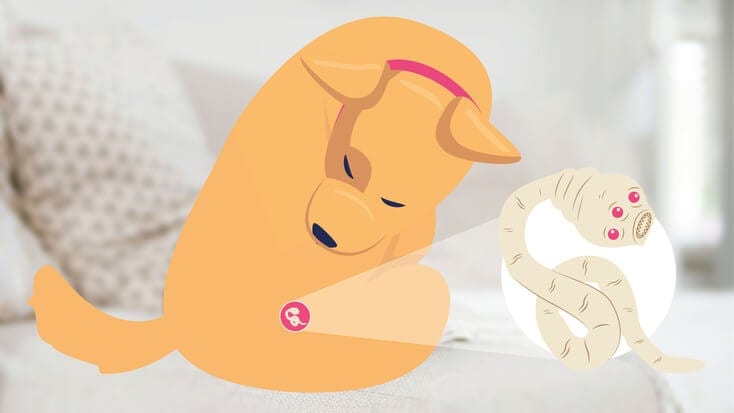As veterinarians who visit cats (and dogs) in their homes, we often get questions about various cat behaviors. One behavior that cat owners may observe is nesting, where a cat starts to create a cozy, comfortable spot to rest, sleep, or prepare to give birth. In this blog post, we will explore nesting behavior, why cats exhibit it, and when it may be cause for concern.
What is Nesting Behavior in Cats?
Nesting behavior in cats refers to their natural instinct of creating a cozy and comfortable spot to rest, sleep, or prepare for giving birth. Cats gather soft materials like blankets, towels, or clothing and knead them with their paws to construct a comfortable bed.
Why Do Cats Exhibit Nesting Behavior?
There are several reasons why cats exhibit nesting behavior. One reason is that it’s an instinctual behavior that returns to their wild ancestors. In the wild, cats created nests to keep themselves and their kittens warm and protected from predators.
If your cat is pregnant, nesting behavior is normal and expected as she prepares for labor and wants to secure a safe spot for her kittens.
Another reason why cats may exhibit nesting behavior is that it provides them with a sense of security and comfort. Cats are known for their love of warmth and coziness, and creating a nest is a way for them to feel safe and relaxed.
When Do Cats Start Nesting?
Cats can start exhibiting nesting behavior at any age. However, nesting behavior is most commonly observed in pregnant cats preparing for birth. Non-pregnant cats may also exhibit nesting behavior when seeking a comfortable resting spot.
Pregnant cats typically start nesting in the final weeks of their pregnancy, usually around one to two weeks before giving birth. This behavior is an instinctual preparation for the arrival of their kittens and ensures a safe and warm environment for them.
When is Nesting Behavior in Cats a Cause for Concern?
In most cases, nesting behavior is normal and not cause for concern. However, there are some instances when nesting may indicate an underlying issue. If your cat suddenly starts nesting more frequently than usual, this may indicate stress or anxiety, or it may be a sign of pregnancy. Changes in the home environment, such as introducing a new pet or family member, can cause cats to feel anxious and seek comfort through nesting behavior.
Nesting behavior can also be a sign of illness or injury. If your cat seems lethargic, has a loss of appetite, or is exhibiting other unusual behaviors, it’s important to schedule a wellness checkup with your veterinarian.
Related reading: How Often Do You Take a Cat to the Vet?
Can You Encourage Nesting Behavior in Cats?
If you want to encourage your cat to exhibit nesting behavior because they seem anxious, or because of pregnancy, there are several things you can do. Providing your cat with a soft, comfortable bed or blanket is a good place to start. Cats also love warm and cozy spots, so consider placing their bed in a sunny spot or near a heat source.
You can also encourage nesting behavior by providing your cat with toys and other materials to play with. This will give your cat something to do while nesting, and it can help promote relaxation and contentment.
BetterVet Can Answer Your Cat Questions
Nesting behavior is a natural and common behavior in cats. It provides them a sense of security and comfort and can be a sign of contentment. It is also a frequent behavior during feline pregnancy.
However, if your cat suddenly starts nesting more often or exhibits other unusual symptoms or behaviors, it’s advisable to schedule a behavioral consultation or a checkup with your veterinarian.
Additionally, if your cat is expecting a litter, it’s important to have her pregnancy monitored by a veterinary doctor.
Frequently Asked Questions
What materials should I use to create a nest for my cat?
Cats prefer soft and comfortable materials such as blankets, towels, and clothing, which are great for creating a nest for your cat.
What does nesting look like in cats, and how can I tell if my cat is nesting or just kneading?
When cats are nesting, they will gather materials and knead them with their paws to create a comfortable bed. Kneading behavior is when cats push their paws in and out against a soft surface, which is a sign of contentment.
Can nesting behavior be a sign of illness or medical condition?
Yes, excessive nesting behavior can be a sign of illness, injury, or pregnancy. If your cat exhibits unusual nesting behavior, such as nesting more frequently than usual or seeming lethargic, it’s important to consult your veterinarian.
How can I make my cat’s nesting spot more comfortable?
Providing your cat with a soft, comfortable bed or blanket is a good place to start. You can also make your cat’s nesting spot more comfortable by placing it in a warm and cozy location near a sunny window or a heat source.
Adding toys and other materials for your cat to play with while nesting can make the spot more enjoyable. Remember to keep the nesting spot clean and wash any bedding or materials regularly to ensure your cat is comfortable and healthy.





